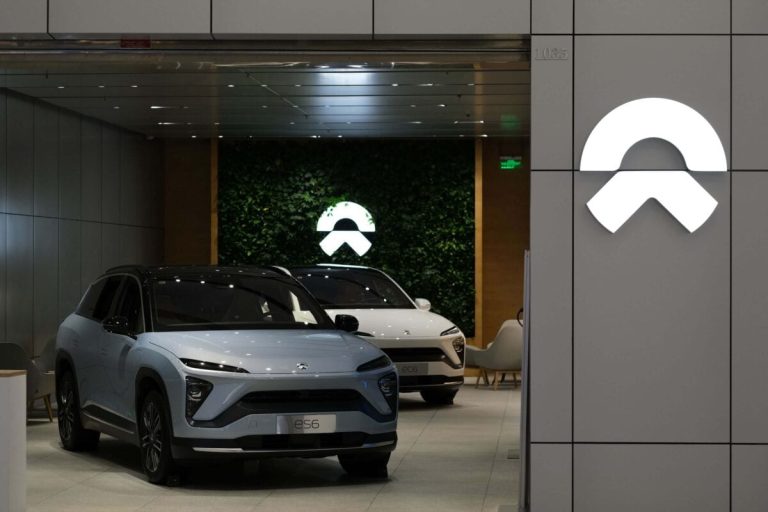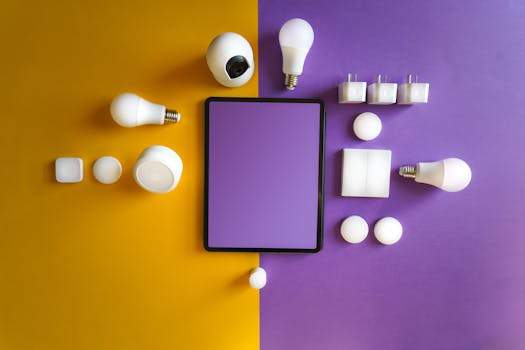
Introduction to Smart Homes
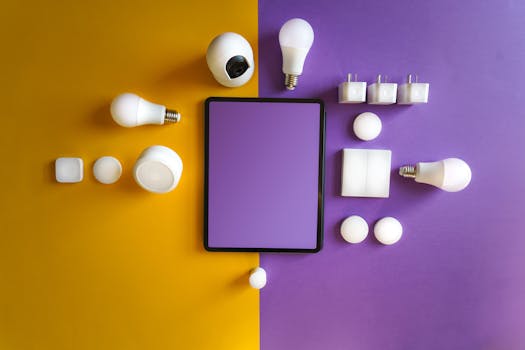
As we edge into 2025, home automation transforms from futuristic luxuries to everyday essentials. Smart homes leverage advanced technologies to enhance comfort, security, and efficiency, creating interconnected ecosystems powered by the Internet of Things (IoT). Imagine controlling every device in your home from your smartphone or through voice commands. The dream of a fully automated living space now feels within reach, with an array of intelligent sensors and smart devices improving day-to-day life.
Connecting Devices: The Heart of the Ecosystem
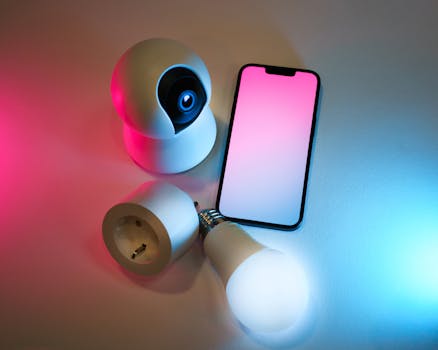
Central to the smart home ecosystem is communication between various devices. Developments in protocols and standards have led to improved interoperability. Devices, ranging from smart thermostats to lighting systems, connect seamlessly through the cloud, allowing you to manage them effortlessly. Modern homes operate not just with isolated gadgets, but with entire ecosystems designed to react and learn from user behavior, creating personalized environments that adjust according to your needs.
Benefits of Home Automation
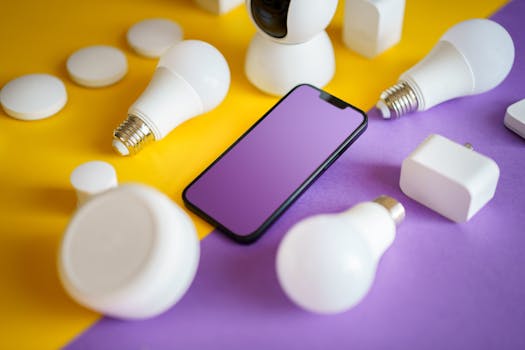
Home automation in 2025 is more than just convenience. The benefits are manifold:
- Energy Efficiency: Smart thermostats optimize energy use, automatically adjusting settings to minimize waste.
- Enhanced Security: Smart security systems with cameras and sensors provide unparalleled monitoring solutions, protecting homes against intrusions.
- Health and Wellness: Air quality monitors and automated lighting can improve physical well-being while supporting better sleep cycles.
Such advantages, along with increased control and ease of access, usher in a new independence at home.
Navigating Challenges and Concerns
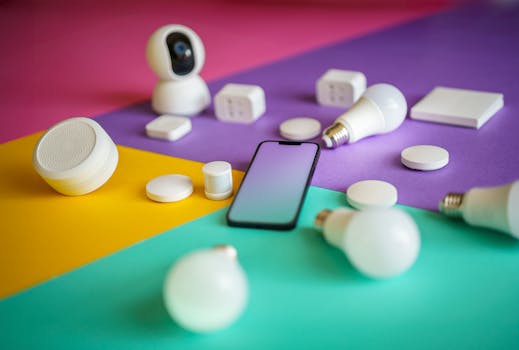
While the smart home represents significant leaps forward, certain challenges persist. Common concerns include:
- Privacy Risks: While intelligent devices enhance your home experience, they can also be potential vulnerabilities. Users must safeguard personal data and minimize information leaks.
- Dependence on Networks: As homes become interconnected, reliance on stable internet connections increases. Downtime from service outages can disrupt daily activities.
- Complexity and Compatibility: With many brands and technologies, simplifying user experiences is crucial; consumers often find dealing with multiple ecosystems overwhelming.
The Future of Smart Living
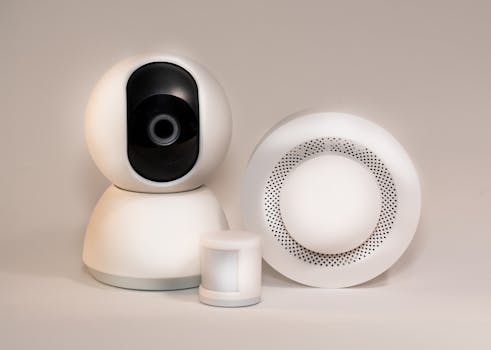
Looking ahead, the future of home automation promises even more exciting innovations. Artificial Intelligence integration will take personalization to the next level, becoming predictive rather than reactive. Smart homes will learn individual schedules and preferences, communicating effortlessly with their inhabitants.
This precision will converge over the following years, leading to what we might characterize as proposed directive living experiences, transforming how we interact with physical spaces around us. Furthermore, emerging trends in sustainable technology will lead to eco-friendly smart homes, optimizing resource use without compromising comfort.


